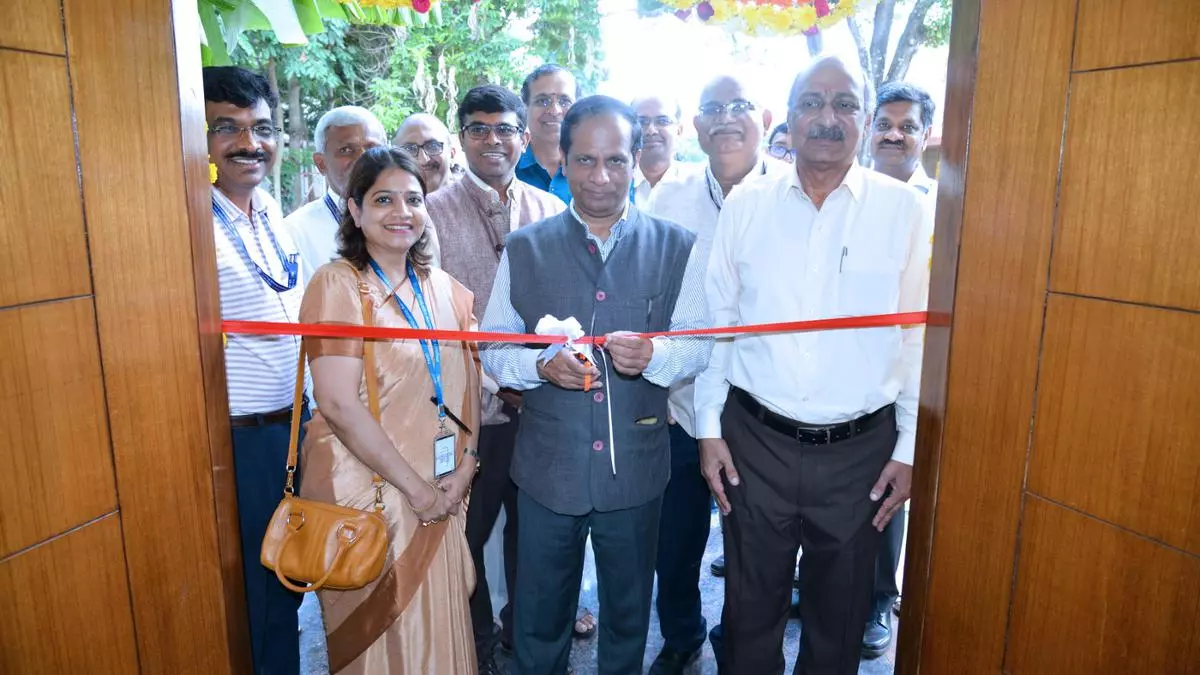In collaboration with Hindustan Aeronautics (HAL), IIHR’s Seed Testing Facility In India has officially been set up. The Indian Council for Agricultural Research – Indian Institute of Horticulture Research (ICAR-IIHR) served as an immense contribution to the establishment of the advanced testing facility.
In a nutshell, the development will accommodate an automated seed coating unit. Moreover, it will also feature an automated seed dryer as well as colour sorters. Additionally, the plant will include automated pouch-filling machines. Reports state that it will enhance the availability of a large quantity of seeds. The hybrid varieties will be of ICAR-IIHR-made flower crops and vegetables.
Read Also: Saral Satya Legacy Officially Launched By DS Group In India
IIHR’s Seed Testing Facility Project Capacity
According to an official statement, IIHR’s Seed Testing Facility will boost seed processing capacity from 40 tpa, up to about 100 tpa. Its location will be within the organization’s campus in Bengaluru, whose inauguration was on 30 August 2023. The facility’s incorporation of automation will lead to a decrease in labor dependency. This, in turn, would then lead to a more efficient and cost-effective process.
A scientist from IIHR, while speaking about the project said that farmers as well as other horticultural growers will gain numerous benefits. The facility is capable of isolating pathogens from crop samples. Furthermore, it will conduct tests to find out if the disease is viral. If the crop sample’s disease is viral, it will be put in isolation.
Taking it a step further, disease information from crop samples will go through analysis and research, and sent to an extension division. Thereafter, the scientist said that it would create awareness, and better yield. Currently, advisories are issued after every 15 days, inclusive of information regarding common diseases. The information will also be specific to individual crops at the particular time of their growth cycle/season. On a monthly average, 50 farmers are are receiving, the advisories.

Leave a Reply